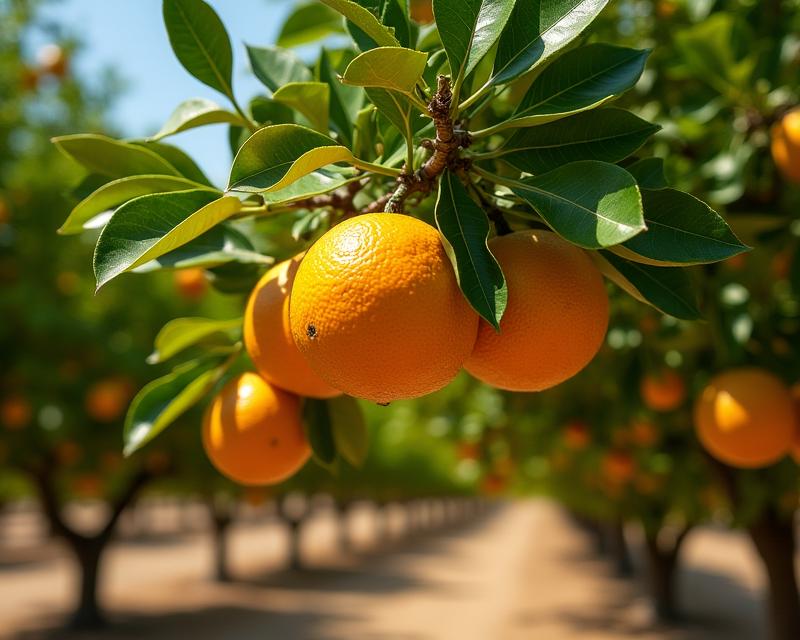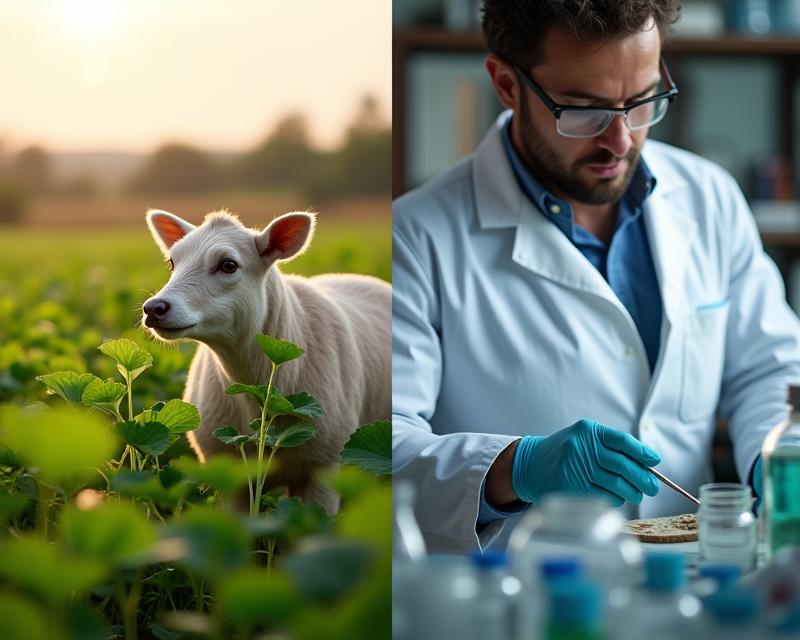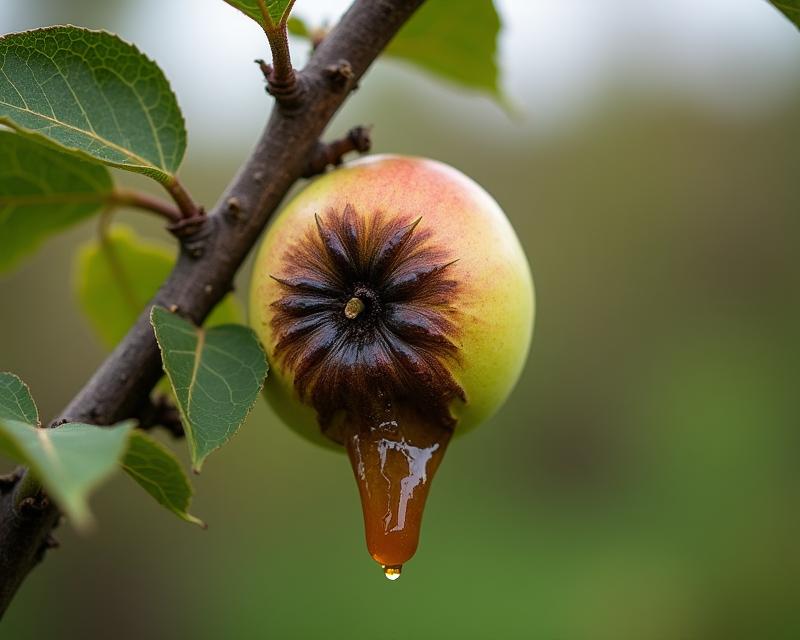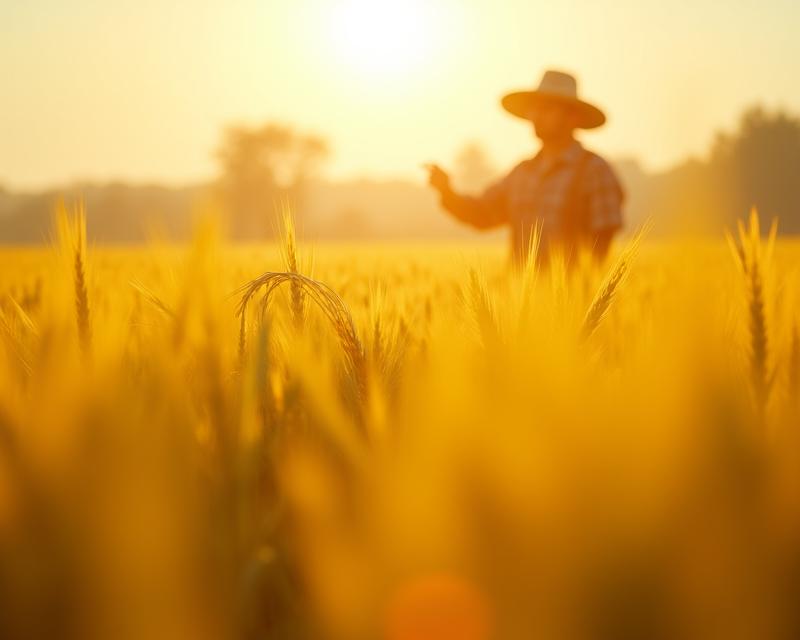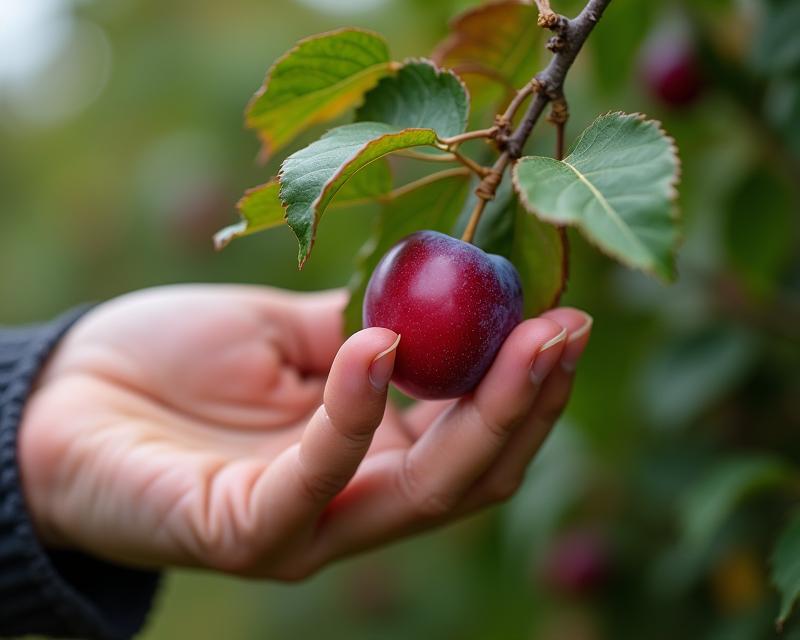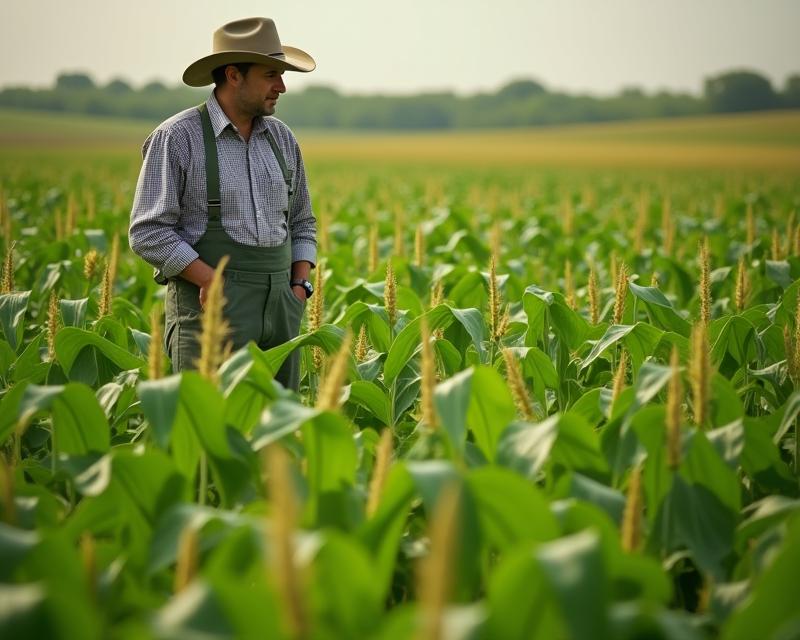Cherry Tree Fruiting: A Farmer's Guide
Publish in Crops el 21/07/2025 01:06
Cherry Tree Fruiting: A Farmer's Guide
Cherries! Those sweet, juicy treats are a beloved fruit enjoyed worldwide. But have you ever wondered when your cherry trees will start bearing fruit? Understanding the maturity timeline is key to planning your orchard and maximizing your harvest. This guide breaks down the process, offering insights for farmers, gardeners, and anyone interested in growing these delicious fruits.

How Long to Wait?
The good news is that cherry trees aren't incredibly slow to produce! Generally, you can expect a cherry tree to start bearing fruit within 3 to 5 years after planting, depending on the variety and growing conditions. Some varieties, particularly self-pollinating ones, might even produce a small crop in the second year. However, a more substantial harvest usually comes in years 3-5. It's important to note that rootstock also plays a role – dwarfing rootstocks tend to produce earlier than standard rootstocks.
Understanding Maturity Timelines
There are different types of cherry trees, and their fruiting times vary. You'll primarily encounter sweet cherries (like Bing, Rainier, and Lapin) and tart cherries (like Montmorency). Sweet cherries typically begin producing earlier than tart cherries. Tart cherries are known for their hardiness and often mature a bit later, sometimes taking up to 5 years to produce a significant yield. Knowing the specific variety you've planted is crucial for accurate expectations. Local nurseries are a great resource for information on varieties that thrive in your region and their typical fruiting times.
Factors Affecting Fruiting
While the timeline provides a general guideline, several factors can influence when your cherry trees start producing. These include proper planting techniques, adequate sunlight (at least 6-8 hours per day), well-drained soil, and consistent watering, especially during dry periods. Fertilization is also important – a balanced fertilizer applied annually can promote healthy growth and fruit production. Pruning is essential for shaping the tree, removing dead or diseased branches, and encouraging fruit-bearing growth. Finally, pest and disease management are vital to ensure a healthy tree capable of producing a bountiful harvest. Regular monitoring and appropriate treatments can prevent problems that could delay fruiting.
Planning for the Future
Successfully growing cherries requires patience and planning. By understanding the maturity timeline, providing the right care, and choosing the right varieties for your climate, you can enjoy a rewarding harvest of delicious cherries for years to come. Don't be discouraged if your trees don't produce a large crop immediately – consistent care and attention will pay off in the long run. Consider researching local cherry growing associations or extension services for region-specific advice and best practices.
